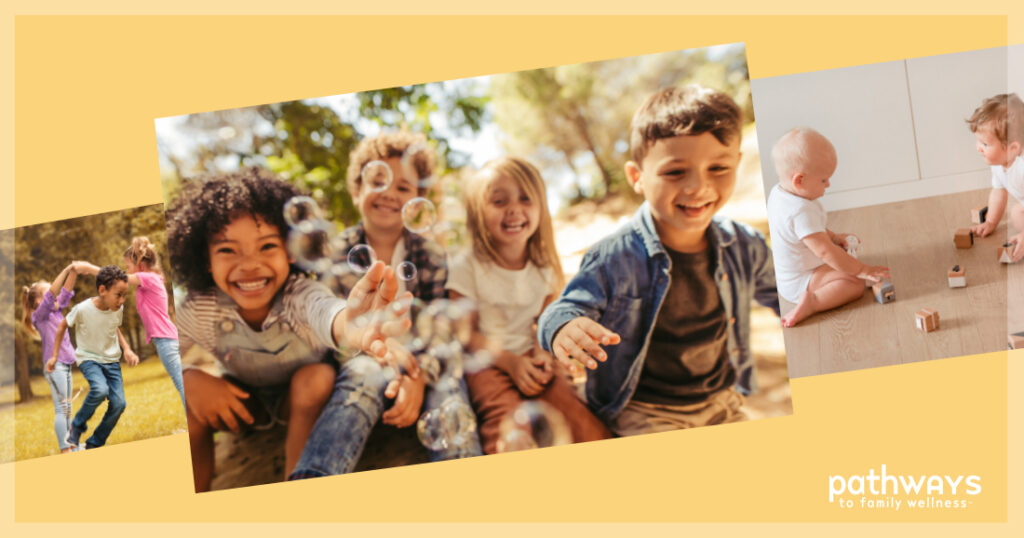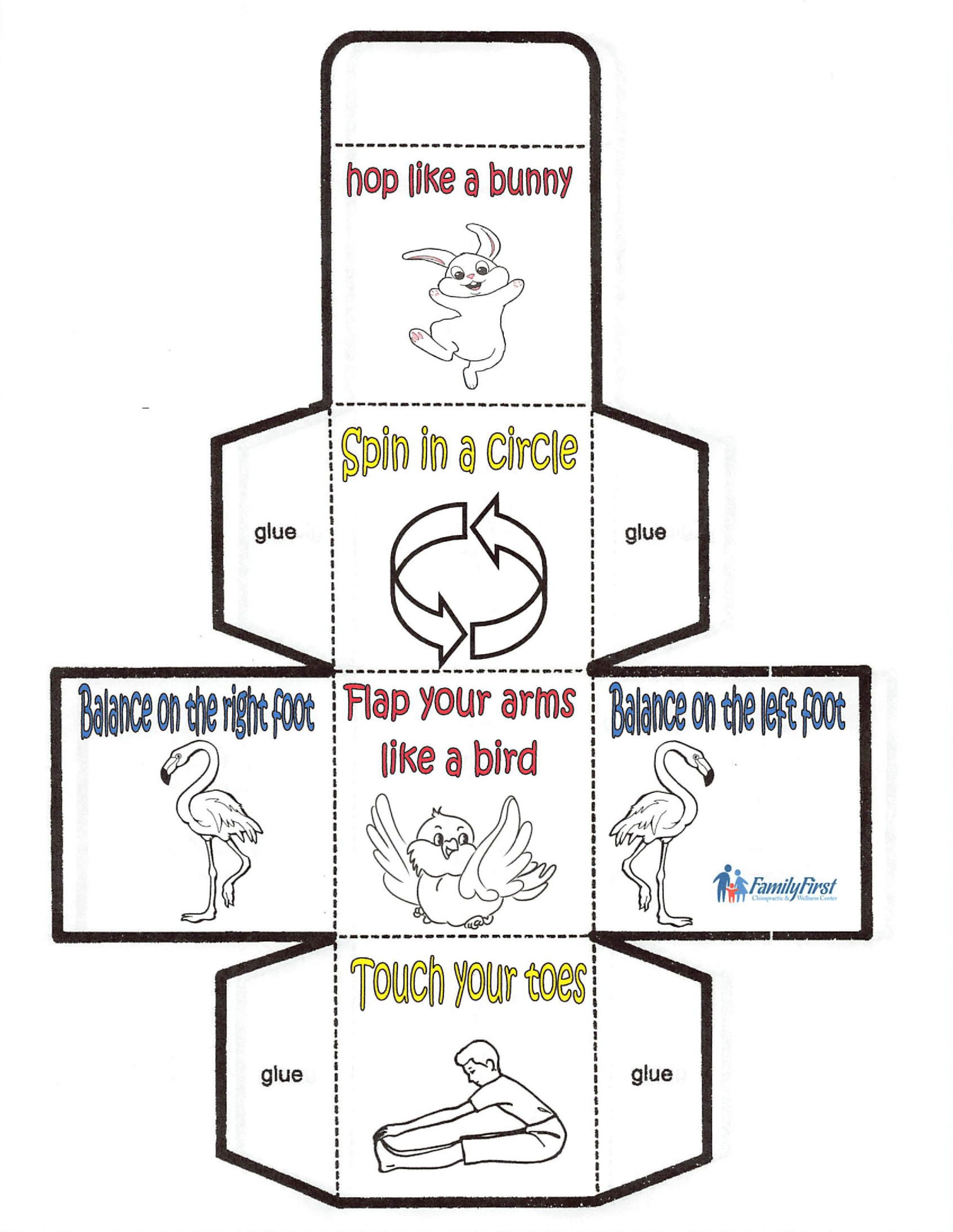
Free play—the unstructured time during which children can act out their fantasies, create their own rules, and explore the world at their own pace— profoundly benefits children’s early development. But while experts agree that undirected play is vital, it is disappearing in favor of organized athletic, artistic, and academic activities.
In moderation, these structured classes can be enriching. But ditching playtime altogether comes at a cost to a child’s growth and well-being. Research shows that free play can allow our little ones to gain self-confidence, promote neurological development, and even enhance their fine motor skills.
Let’s dive in and take a closer look at why child-development experts recommend that screen time and structured learning ought to make way for more opportunities to play. As you consider and plan your child’s weekly routine, here are 10 vital reasons to prioritize and safeguard free play:
1. Confidence
Free play involves every part of a child’s being: mind, body, and soul. Through this play style, kids are able to naturally explore their physicality and engage in independent learning. As a result, children build their confidence, self-efficacy and self-esteem. It empowers their potential as human beings, all while they’re having fun.
2. Recovery from setbacks
A child might be frustrated when the last block she is stacking topples her masterpiece, or upset when the red marker runs dry and she needs to color the apple on the page a different shade. These are necessary experiences for healthy brain development, and low-stakes situations like these are the perfect time for your kiddo to learn how to bounce back from disappointment…or change things up and still be happy with the end result.
3. Overcoming emotional trauma
Fantasy play, or roleplay, enables young ones to uncover, address, and articulate any distressing feelings or conflicts. Some psychoanalysts believe that the skills built from play are essential to the cognitive development needed for processing traumatizing events.
4. Personal resilience
Free play is rife with opportunities for children to learn about social skills, including idea sharing, self-control, and even how to handle exclusion and power dynamics within a group. It also teaches kids how to regulate their own emotions while becoming sensitive to the values and needs of their peers. Figuring out how to deal with disappointing, different, or frustrating group dynamics in a healthy and productive way will benefit children for their entire lives.
5. Stress relief
Research suggests that overprotection from risk-taking activities can actually increase a child’s anxiety all the way into adulthood. Because free play inherently encourages a level of risk taking with relatively low stakes, it is the perfect opportunity for children to get these experiences under their belts.
Another aspect of free play that can lower stress is an imaginary friend. This is especially true of boys, who tend to have a decreased level of fear and anxiety during later play sessions.
6. Empathy
Through imaginary play, children can put themselves in all sorts of situations, exploring new roles and the feelings that come with them. When children engage in free play with their friends, their cooperation, sharing, helping, and empathy skills grow by the game.
7. Self-expression
Free play provides us with a wonderful window into the minds of our children. It is an excellent way for our kids to express what they are feeling safely, both to their parents and to themselves. Even when their language skills aren’t quite at the level to articulate their fears, excitements, or opinions, the type of free play they engage in will speak volumes.
8. Discovering interests
Psychologist Peter Gray makes a strong case in favor of incorporating free time into our kids’ lives, contending that it allows children to cultivate their own interests and passions in a way that strictly regimented schedules do not. Without the structure of preplanned events, activities, or lessons, children will inevitably experience boredom… and, more important, find ways to overcome it. Where that takes them could be an activity or interest they fall in love with for life.
9. Sense of self
Free play has a way of fostering our children’s ability to grow as people, often by merely expanding on that which they have previously learned. Whether they are honing their problem-solving skills, communicating their wants, or just discovering that blocks are made for more than knocking over, play can be a great foundation on which to build a sense of self.
10. Respect for nature
Is there a better arena for playtime than the great outdoors? Hardly—and not just because when our kiddos take the mess outside it means less vacuuming for us. Playing outside can allow children to develop a greater respect and understanding of Mother Nature.
These are just 10 of the ways free play can improve children’s lives, both as they grow and in the here and now. Free play is beneficial across the board, from cognitive growth to physical development
This article was taken from Pathways to Family Wellness Magazine. The link is provided above for the full article.


 She’s a Mom, has Doctorate in Chiropractic and loves helping people move from pain back to a healthy and active lifestyle.
She’s a Mom, has Doctorate in Chiropractic and loves helping people move from pain back to a healthy and active lifestyle.